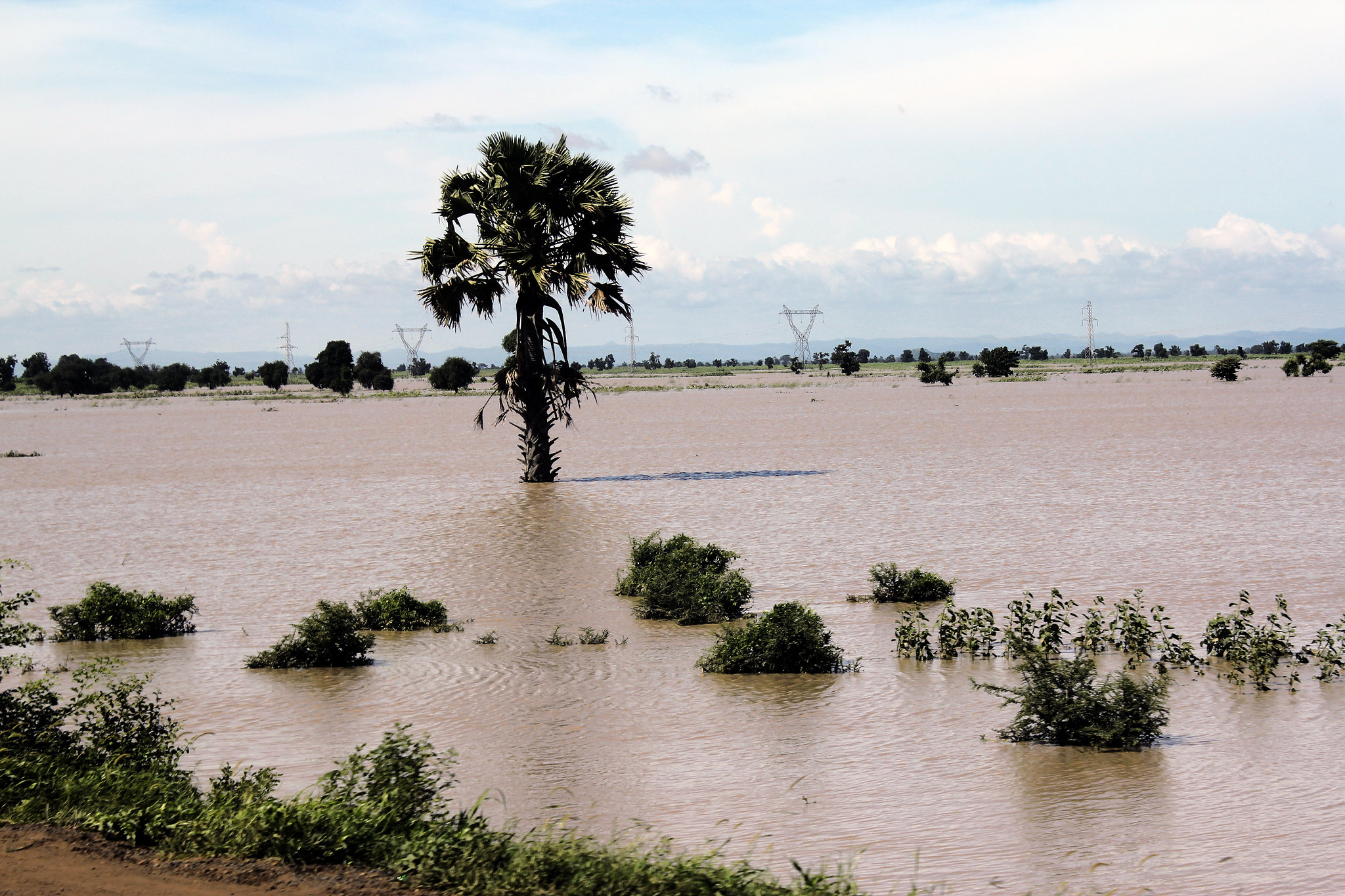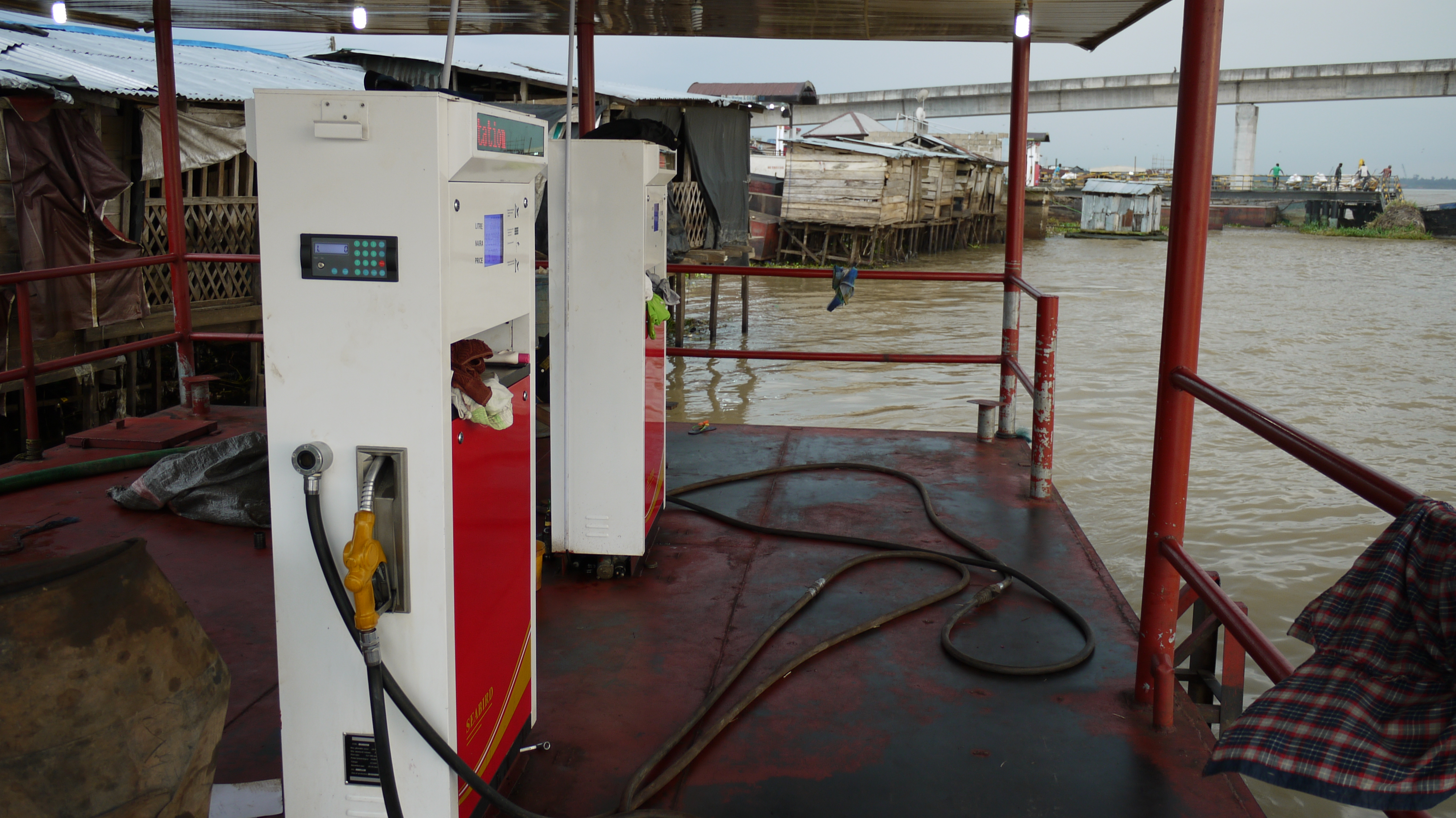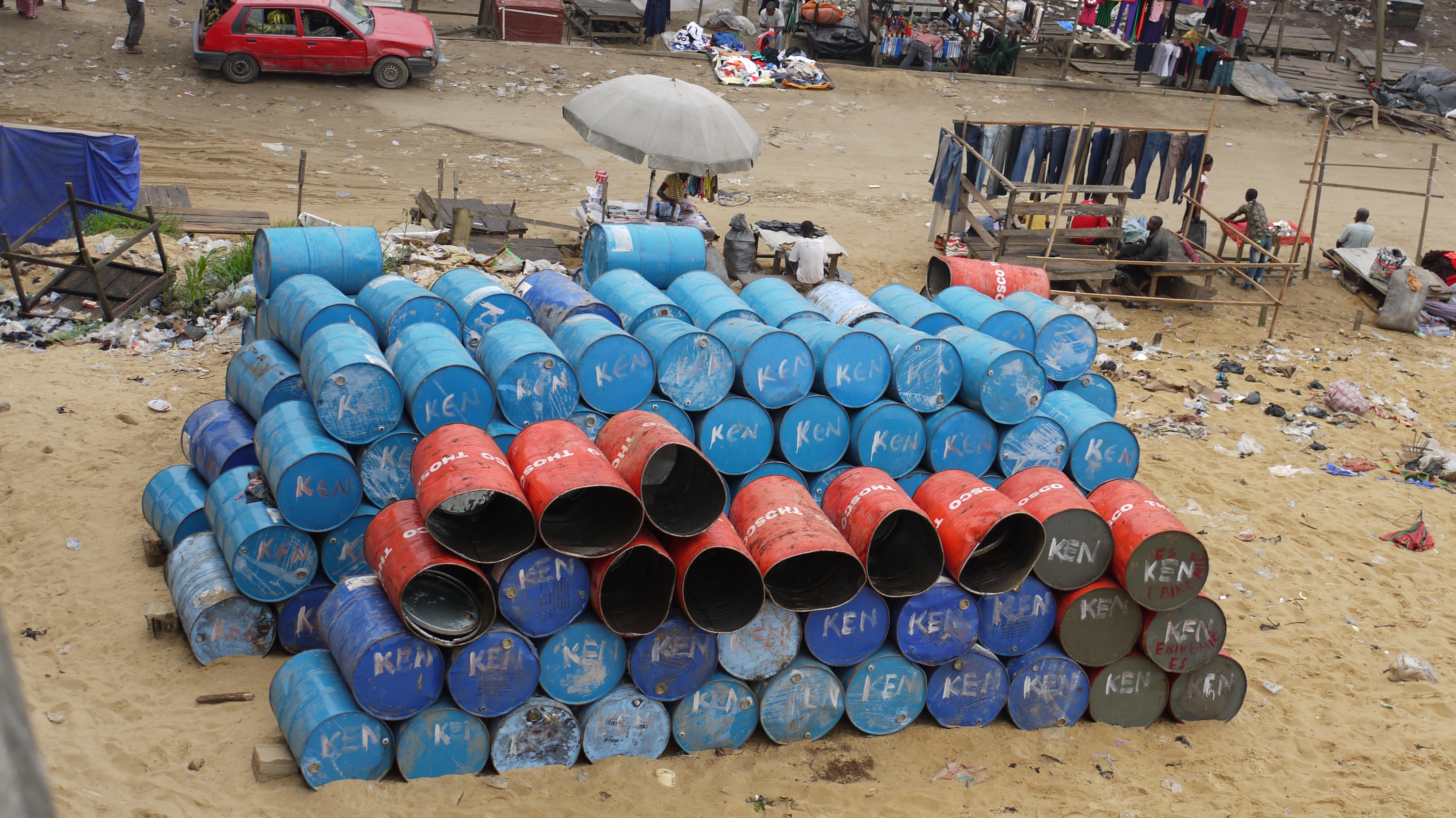The formation of collective memories projects emotions from past events onto current issues making them even harder to negotiate a lasting peace, writes Ezenwa Olumba.
One of the world’s deadliest conflicts that you might not have heard about is the ongoing violence between nomadic Fulani herders and sedentary farmers across Central Nigeria.
On 24 January 2023, in Nasarawa state in the North Central region of Nigeria, 27-year-old Ibrahim Muazu remembers “hearing a noise from the sky… I woke up lying in my own blood. There were so many dead,” he told Reuters.
The Nigerian Air Force had conducted an aerial bombing in Akwanaga, where Ibrahim Muazu and other ethnic Fulani herders were unloading the cattle they had recovered after authorities in the neighbouring state of Benue seized them. Apparently, the Air Force thought they were bandits. The attack left over 40 people dead.
At the heart of this bombing is eco-violence, resulting from the struggle over water and other agricultural resources between nomadic Fulani herders and sedentary farmers across West Africa. The conflict has persisted for decades but has intensified since 2014.
Understanding Collective Memories
Collective memory is a social representation of the past, which explains how people’s shared memories are formed within social groups and against other social groups.
Memory is neither history nor characterised by the firm perspective of time. History views events with depth and multiple viewpoints. Collective memory simplifies them to a single perspective and reduces them to myths. As such, collective memory is fundamentally tied to identity in the present in ways that history aspires not to be.
Collective memories stem from deep-rooted connections to family, language, and shared historical events passed down through generations. They are socially constructed, with historical events often reinterpreted to fit contemporary perspectives, and local groups and individuals leveraging these memories to further their interests and goals.
Creating and propagating collective memories relies on family tales, folklore, the media, propaganda, and formal education among other sources.
Memory and conflict in Nigeria
Contentious historical accounts shape collective memories, which have shaped violent conflicts among nomadic herders and sedentary farmers in rural communities in the Nigerian Middle Belt.
Nigeria’s history is marked by persistent violence, from primordial conflicts through European imperialism, independence, civil wars, and military dictatorships to twenty-first-century multi-party politics. One of these violent conflicts is over water and other agricultural resources which have persisted across generations and political systems, from pre-colonial to colonial and into independence and the modern day. These conflicts have resulted in thousands of deaths and the displacement of millions in Nigeria alone. Collective memories as one factor contributing to these conflicts’ persistence over the past century.
In Nigeria, collective memories influence people’s behaviours in three ways: by naming events or providing historical context to current issues; by emotionally linking a recent event with a widely recognised and collectively shared emotion from a past event; by associating the contemporary event with the societal contradictions of a previously known event. When these three elements converge, collective memories shape collective actions, which may escalate into violence.
Among farming communities, the ongoing eco-violence is seen as a resurgence of the jihad of 1804. They perceive it as the Fulani people’s attempt to complete the Islamic jihad with the intention to destroy and conquer them. This perspective links events of the past to the present by interpreting current events through the lens of historical narratives. Whereas the Fulani people assert their rights to access agricultural resources by citing their lineage to the Sokoto Caliphate that once governed parts of the region.
These contentious collective memories between the two groups have resulted in the anchoring of contemporary events through the lens of past events, leading to a “who is who” dilemma that perpetuates unending conflicts. Therefore, emotions from past events are transferred into new events, making resolving issues that might have been addressed more difficult and leading to persistent violent conflicts over water and agricultural resources.
These violent conflicts between sedentary farmers and nomadic Fulani herders in Nigeria are shaped by the contentious representations of collective memories and the framing of current events in the context of historical narratives. The influence of collective memories on fuelling these violent confrontations is undeniable. Integrating collective memory into conflict resolution strategies will be crucial for achieving lasting peace.
Photo credit: NASA used with permission CC BY 2.0 DEED





